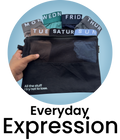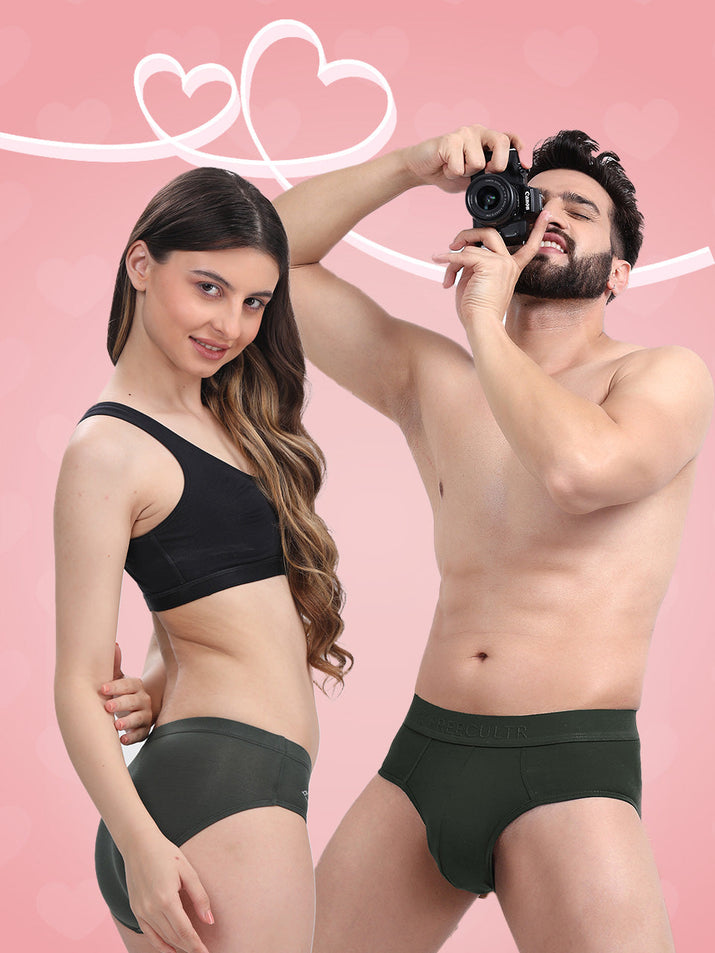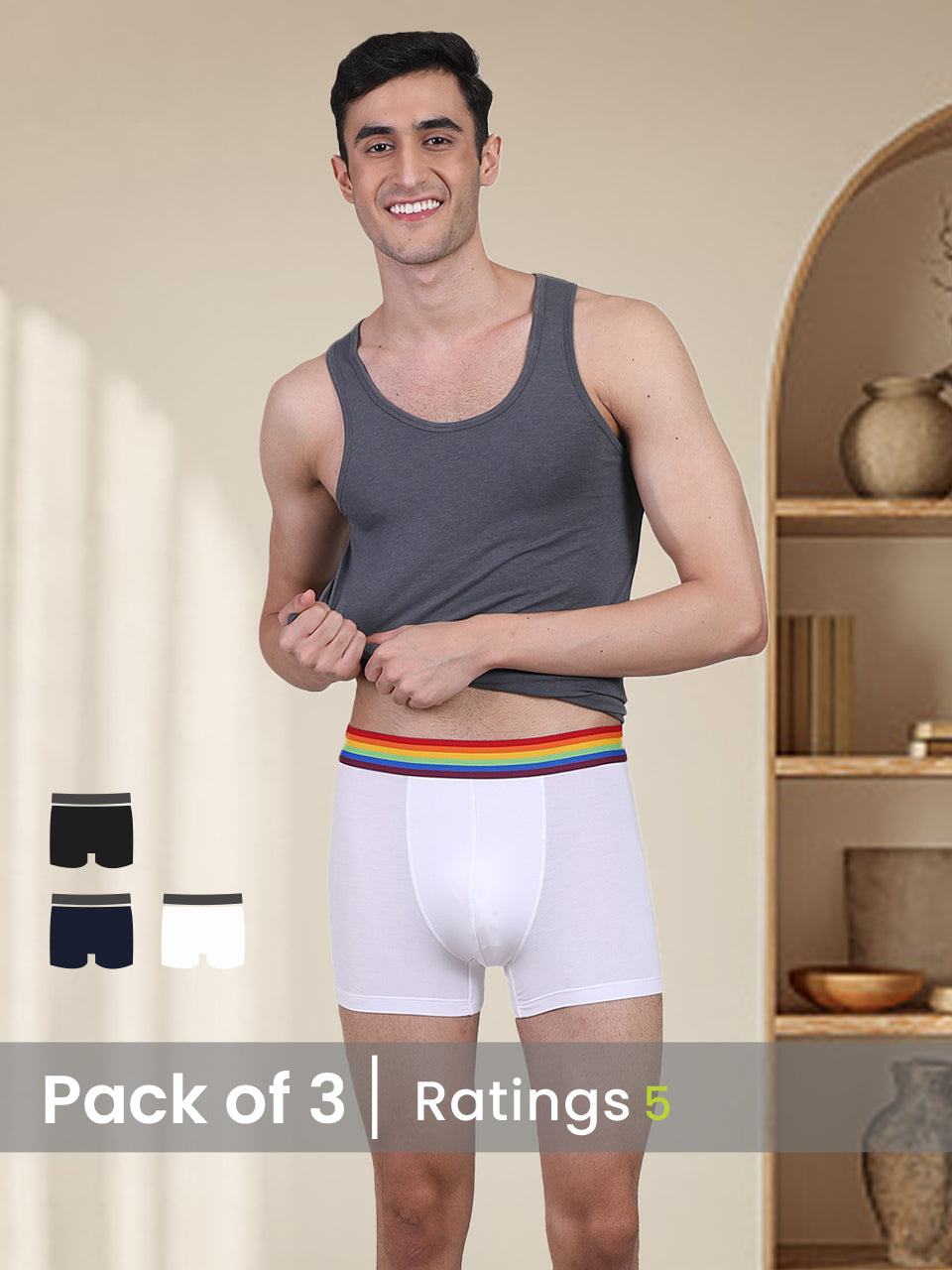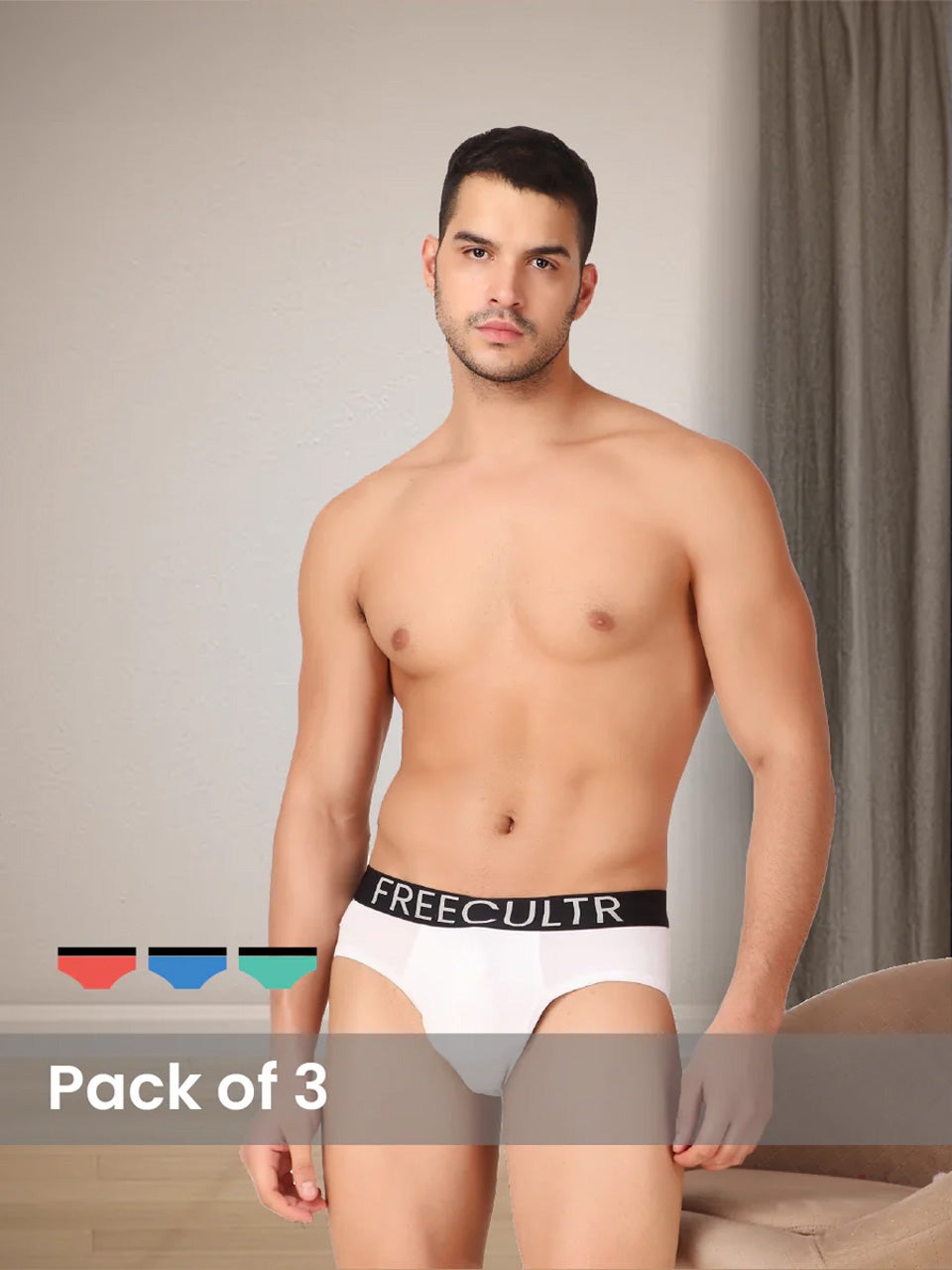The fashion industry, a multi-trillion dollar behemoth, faces increasing scrutiny for its ethical shortcomings. Consumers are demanding transparency, moving beyond fleeting trends and fast fashion towards brands that prioritize people and planet. Freecultr, an emerging player, is attempting to disrupt this landscape by championing ethical sourcing. We'll explore the market dynamics pushing this shift, dissect Freecultr's strategies for responsible material selection and fair labor practices. Examine the challenges they face in scaling ethical production. This journey will uncover how Freecultr is navigating complex supply chains and building a business model that seeks to balance profit with purpose in a rapidly evolving industry.

The Foundation: What is Ethical Sourcing?
Ethical sourcing, in its simplest form, means ensuring that the products we buy are made in a way that respects both people and the planet. It goes beyond simply looking for the lowest price; it's about considering the entire supply chain, from the raw materials to the finished garment. Making sure that ethical standards are upheld every step of the way.
This encompasses several key areas:
- Fair Labor Practices: Ensuring workers receive fair wages, have safe working conditions. The right to organize.
- Environmental Sustainability: Minimizing the environmental impact of production, including reducing water consumption, pollution. Waste.
- Animal Welfare: Protecting animals from harm in the production of materials like wool or leather.
- Transparency and Traceability: Knowing where materials come from and how they are processed.
In the fashion industry, which has historically been plagued by issues like sweatshops and environmental damage, ethical sourcing is more essential than ever. Consumers are increasingly demanding transparency and accountability from the brands they support. Businesses are recognizing that ethical practices are not only the right thing to do but also good for business.
Freecultr's Commitment: A Deep Dive into Practices
Freecultr isn't just paying lip service to ethical sourcing; it's embedding it into the very core of its operations. The brand's commitment is visible in various facets of its supply chain and production processes.
Sourcing Sustainable Materials
Freecultr prioritizes sustainable materials to minimize environmental impact. This includes:
- Organic Cotton: Grown without the use of harmful pesticides and synthetic fertilizers, organic cotton reduces pollution and protects the health of farmers. Freecultr sources Global Organic Textile Standard (GOTS) certified organic cotton wherever possible, ensuring that it meets strict environmental and social criteria.
- Recycled Fabrics: Using recycled materials, such as recycled polyester (rPET) made from plastic bottles, reduces waste and conserves resources.
- Tencel™ Lyocell: A sustainably sourced fiber made from wood pulp, Tencel™ Lyocell is known for its softness, breathability. Eco-friendly production process. The closed-loop production process minimizes water usage and waste.
- Innovative Materials: Freecultr is constantly exploring new and innovative materials that are both sustainable and high-performing.
Fair Labor Standards and Worker Welfare
Freecultr is committed to ensuring fair labor practices throughout its supply chain. This includes:
- Partnering with Ethical Factories: Freecultr carefully selects its manufacturing partners based on their commitment to fair wages, safe working conditions. Respect for worker rights.
- Regular Audits: The brand conducts regular audits of its factories to ensure compliance with its ethical standards and identify areas for improvement.
- Worker Empowerment Programs: Freecultr supports worker empowerment programs that provide training and education to workers, helping them improve their skills and knowledge.
Transparency and Traceability: Knowing the Origin
Freecultr believes in transparency and traceability, allowing customers to know where their clothes come from and how they are made. The brand is working towards:
- Supply Chain Mapping: Identifying and mapping each stage of the supply chain, from the raw material source to the finished garment.
- Data Collection and Analysis: Collecting data on environmental and social impacts throughout the supply chain to identify areas for improvement.
- Sharing insights with Customers: Providing customers with details about the origin of their clothes and the ethical practices used in their production.
The Importance of Certifications: GOTS, Fair Trade. More
Certifications play a crucial role in verifying ethical sourcing claims. Freecultr relies on reputable certifications to ensure that its materials and production processes meet rigorous standards. Some of the key certifications include:
- Global Organic Textile Standard (GOTS): This is the leading standard for organic textiles, covering the entire supply chain from harvesting of the raw materials to environmentally and socially responsible manufacturing. GOTS certification ensures that the cotton used in Freecultr's products is truly organic and that workers are treated fairly.
- Fair Trade: Fair Trade certification ensures that farmers and workers receive fair prices and wages for their products, as well as safe working conditions and access to resources.
- OEKO-TEX® Standard 100: This certification ensures that textiles are free from harmful substances, protecting both consumers and the environment.
- Bluesign®: Bluesign® is a system that focuses on reducing the environmental impact of textile production.
By using certified materials and working with certified factories, Freecultr provides customers with assurance that its products are made in a responsible and ethical manner.
Ethical Sourcing vs. Sustainable Sourcing: Understanding the Nuances
While often used interchangeably, ethical sourcing and sustainable sourcing have distinct focuses. Understanding their differences helps appreciate the comprehensive approach Freecultr adopts.
| Feature | Ethical Sourcing | Sustainable Sourcing |
|---|---|---|
| Focus | Fair labor practices, worker welfare. Human rights | Environmental impact reduction, resource conservation. Ecological protection |
| Key Considerations | Wages, working conditions, child labor, forced labor | Water usage, pollution, waste management, carbon footprint |
| Examples | Ensuring garment workers receive fair wages; eliminating child labor in cotton farms | Using organic cotton; reducing water consumption in dyeing processes |
In essence, ethical sourcing is primarily concerned with the social aspects of production, while sustainable sourcing focuses on the environmental aspects. Freecultr recognizes that both are essential for responsible business practices and strives to integrate both ethical and sustainable considerations into its sourcing decisions. This dual focus ensures that its products are not only good for people but also good for the planet, offering Fashion and Comfort without compromise.
Real-World Impact: Case Studies and Examples
The impact of Freecultr's ethical sourcing practices extends beyond the brand itself, creating positive change in communities and the environment. Here are some real-world examples:
- Improved Working Conditions: By partnering with ethical factories, Freecultr contributes to improving working conditions for garment workers. This includes ensuring safe working environments, fair wages. Access to healthcare.
- Reduced Environmental Pollution: By using organic cotton and recycled materials, Freecultr helps reduce environmental pollution from pesticides and textile waste.
- Empowered Farmers and Workers: By supporting Fair Trade initiatives, Freecultr empowers farmers and workers, providing them with fair prices and wages, as well as access to resources.
These examples demonstrate that ethical sourcing is not just a theoretical concept but a powerful tool for creating positive change in the world. By choosing Freecultr, customers can support a brand that is committed to making a difference.
The Future of Fashion: Freecultr's Vision
Freecultr envisions a future where all fashion is made in a responsible and ethical manner. The brand is committed to continuing to innovate and improve its sourcing practices, pushing the boundaries of sustainability and ethical production. This includes:
- Investing in new technologies: Exploring new technologies that can reduce the environmental impact of textile production.
- Collaborating with other brands: Working with other brands to share best practices and promote ethical sourcing across the industry.
- Educating consumers: Raising awareness among consumers about the importance of ethical sourcing and sustainable fashion.
By working together, brands and consumers can create a fashion industry that is both stylish and sustainable, ensuring a better future for people and the planet. Freecultr remains dedicated to providing Fashion and Comfort responsibly, leading the way toward a more ethical and sustainable future.
Conclusion
Freecultr’s commitment to ethical sourcing isn't just a business model; it’s a blueprint for the future of fashion. We've seen how meticulously selecting sustainable fibers, prioritizing fair labor practices. Minimizing environmental impact can create garments that feel good inside and out. As consumers become increasingly conscious, transparency will be key. Remember, ethical sourcing isn't a destination. A journey. Start by asking questions: Where do your clothes come from? Who made them? Demand transparency from brands. Support companies, like Freecultr, that prioritize people and the planet. A practical tip: look for certifications like Fair Trade or GOTS. Action item: research one brand you currently buy from and assess their ethical practices. Success will be measured not just in profits. In the positive impact on communities and the environment. I've found that consciously choosing ethical brands not only reduces my carbon footprint but also makes me appreciate the clothes I own even more. Embrace the change; your wardrobe will thank you. Learn more about ethical sourcing in fashion.
More Articles
Soft, Sustainable. Stylish: Freeculture’s Edge Over Traditional Brands
What Makes Freeculture More Than Just Another Clothing Brand
Comfort Meets Culture: How Freeculture Redefines Basics Better Than Competitors
Minimal, Stylish. Bold: Why Freeculture is a Game-Changer in Everyday Fashion
FAQs
So, what exactly does 'ethical sourcing' mean when Freecultr talks about it?
Good question! Ethical sourcing means we're super careful about where our materials come from and how they're made. We're talking fair wages for workers, safe working conditions. Minimizing our impact on the environment. It's about making clothes you can feel good about wearing, inside and out. We choose partners who align with our values, ensuring that every step of our production process is responsible.
Okay. How can I really know Freecultr is being ethical? It's easy to say it, right?
Totally get your skepticism! It's not just talk for us. We prioritize transparency and traceability in our supply chain. We work with trusted suppliers who are certified by recognized organizations and regularly audit their facilities. Plus, we're always striving to improve and be even more transparent about our processes. We believe in building trust with our customers by showing, not just telling.
What kind of materials does Freecultr use? Are they all, like, super-expensive organic cotton?
We use a variety of materials, focusing on sustainability and quality. Think organic cotton, sure. Also innovative fabrics like recycled polyester. The goal is to find materials that are kinder to the planet without sacrificing comfort, durability, or style. We're always researching new, eco-friendly options to incorporate into our collections.
Does Freecultr's commitment to ethical sourcing affect the price of the clothes?
That's a fair point. Ethical sourcing can sometimes mean slightly higher costs. We work hard to keep our prices competitive while still upholding our values. We believe in offering high-quality, ethically-made clothing at accessible prices. Think of it as an investment in a better future – a stylish one, at that!
What happens if Freecultr finds out a supplier isn't living up to ethical standards?
We take that very seriously. If we discover a supplier isn't meeting our ethical standards, we work with them to improve their practices. If they're unwilling or unable to make the necessary changes, we'll end our partnership. It's a tough decision. Upholding our values is non-negotiable.
How does Freecultr minimize its environmental impact beyond just the materials used?
Beyond the fabrics themselves, we focus on reducing waste throughout our production process. This includes things like using water-efficient dyeing techniques, minimizing packaging. Optimizing shipping routes. We're constantly looking for ways to lessen our footprint and operate more sustainably.
So, buying from Freecultr means I'm supporting a good cause?
Absolutely! When you choose Freecultr, you're not just getting great clothes – you're supporting a company that's committed to ethical and sustainable practices. You're helping create a more responsible fashion industry, one garment at a time. Plus, you'll look amazing doing it!





